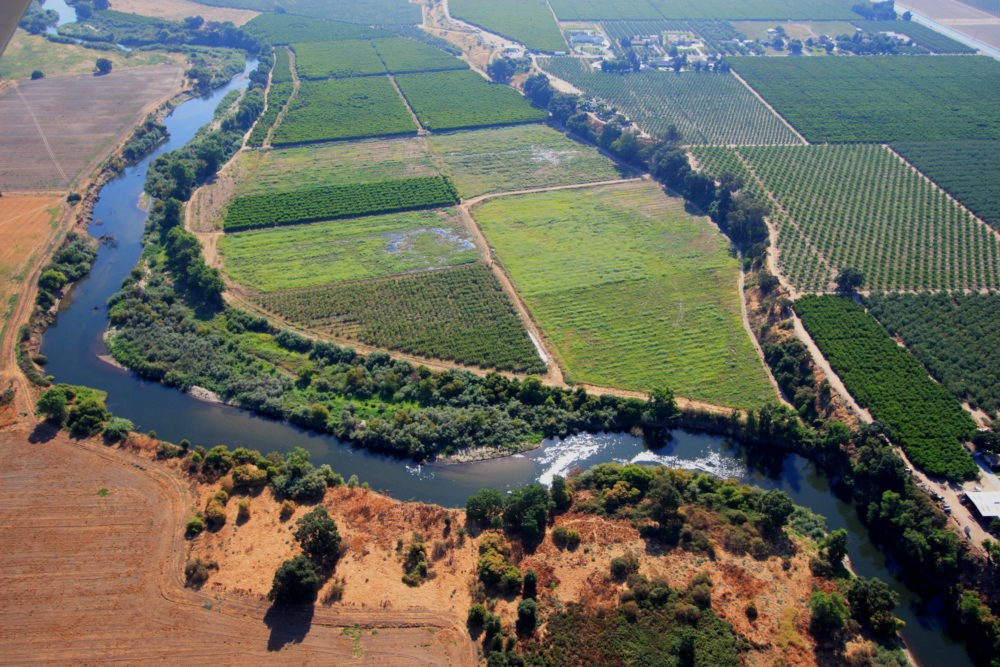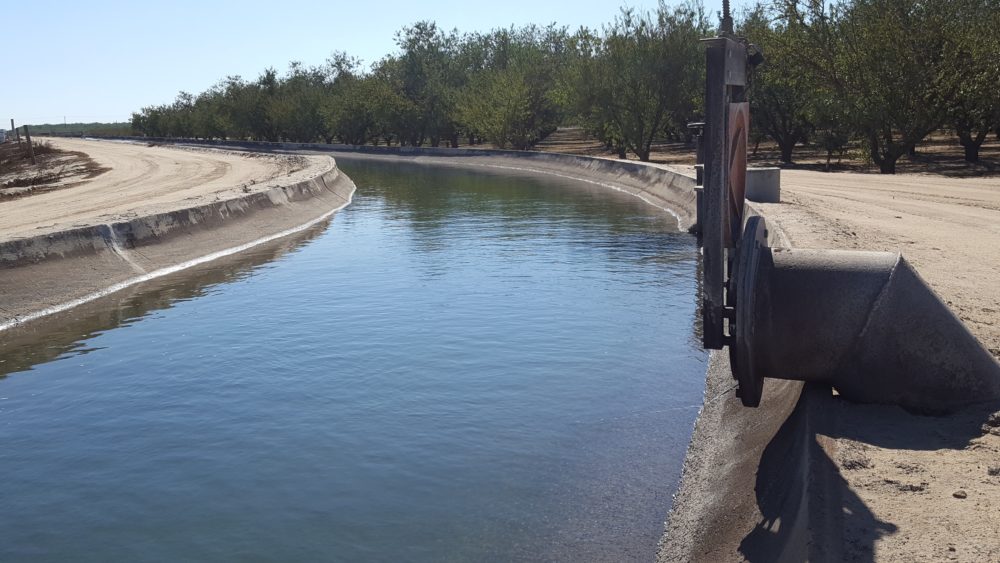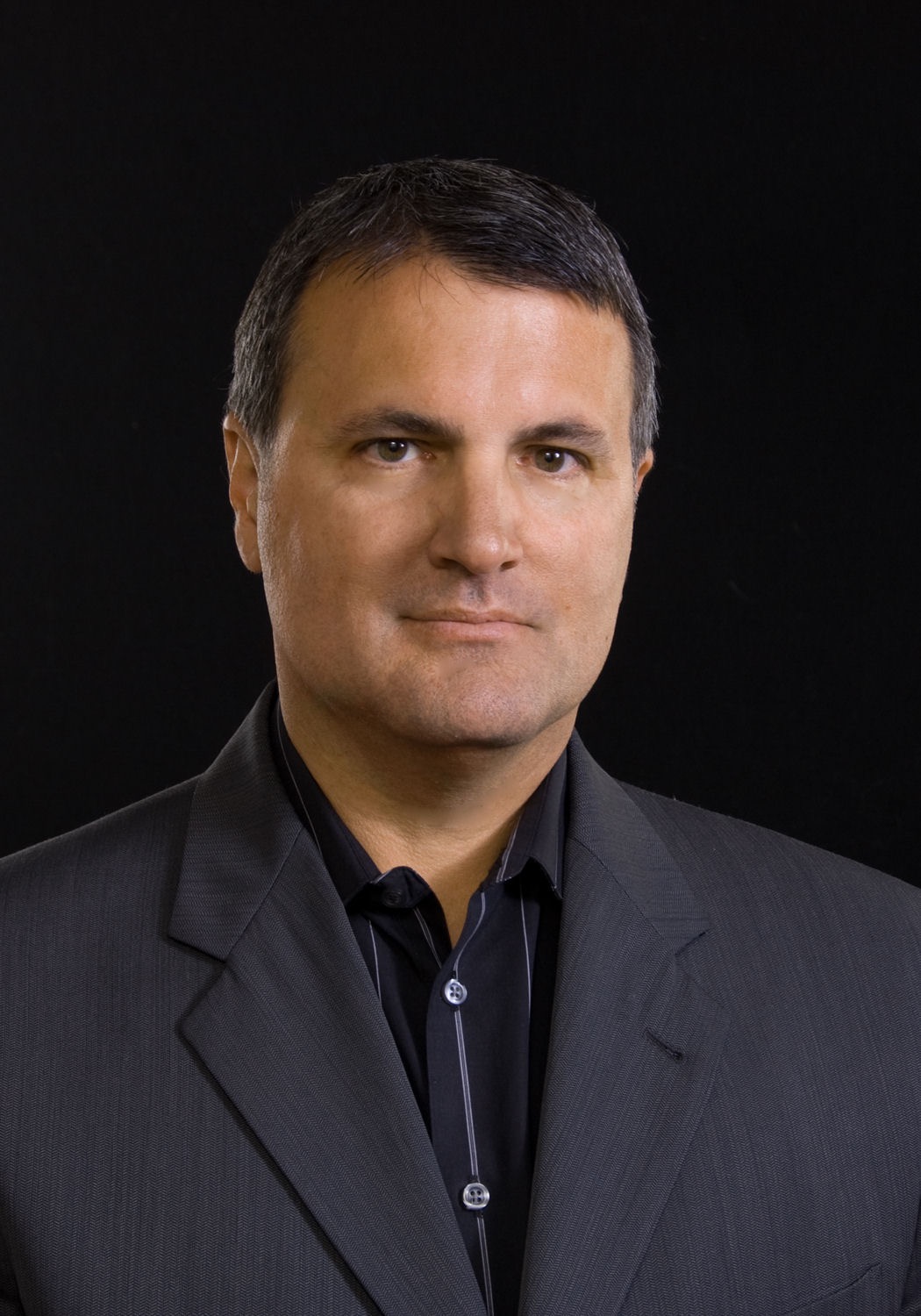Modesto Irrigation District Files Legal Action Against State Water Board
MID Lawsuit Challenges CA Water Board On Misguided Plan
News Release from Modesto Irrigation District
Modesto Irrigation District (MID) filed a lawsuit on Jan. 10 against the California State Water Resources Control Board in response to their vote to approve Phase 1 of the Bay-Delta Water Quality Control Plan.
MID’s lawsuit primarily challenges the State Water Board for failing to comply with both the United States and California Constitutions and the California Environmental Quality Act.
MID is among many parties—including our partners in the San Joaquin Tributaries Authority—who are pursuing independent legal action against the State Water Board.
“The State Water Board misused its power to adopt a misguided and devastating plan,” said MID Board President Paul Campbell. “Given their current plan, we’re left with no choice but to pursue legal action. We must protect our more than 130-year old water rights, our water supplies, and the communities we serve.”
To balance the needs of our environment and customers, MID continues to advocate with our Tuolumne River partners for a durable solution composed of both flow and non-flow measures. Parallel to filing this lawsuit and consistent with the State Water Board’s direction, we’re working collaboratively to present a voluntary agreement for the State Water Board’s consideration in the coming months.
“Our voluntary agreement will ensure water security and reliability, includes environmental improvements, enhances fish populations far beyond what is projected in the state’s current plan and most importantly, guarantees timely implementation,” said MID Board Vice President John Mensinger. “Their plan threatens not only Central Valley ag and urban water users, but also the water supply of more than two million people living in the Bay Area.”
MID’s legal action reinforces our commitment to protect the environment, our customers, our region, and our water supply. For more information and to read MID’s full filing, visit www.mid.org.













